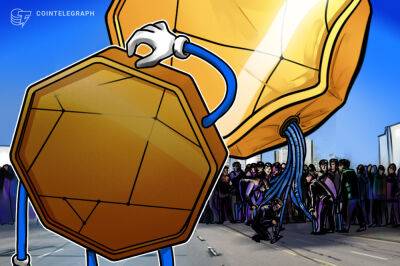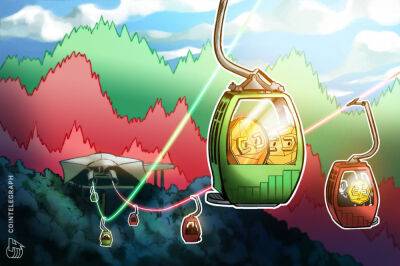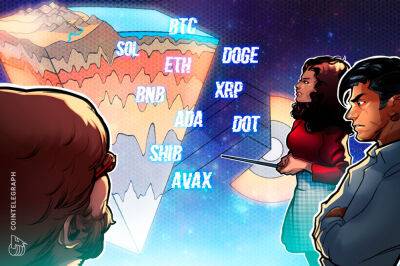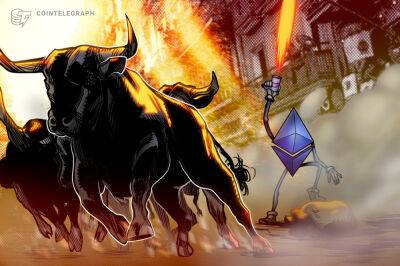House of cards? Why the world is falling out of love with Netflix
An era comes to be defined by its major innovations and, sometimes, just a simple company name does the trick: the Ford Motor Company more than a century ago, or Virgin in the 1980s. They are the business ideas that sum up a moment of progress. Of course, somewhat less prophetically, there were also the shorter-lived promises offered by DeLorean or Myspace.
Until last week, all of us were enjoying “the Netflix boom”, mainly because of what the streaming giant represented, rather than for what it actually was. Netflix stood for easy access to culture, for family sharing, and for turning our backs on the shallow commerce of ad breaks. And it quickly became rather an emotional consumer relationship, especially during the dark lockdowns imposed during the pandemic. In isolation, the homebound took solace in The Crown, Stranger Things, Bridgerton, Money Heist, Lupin, Call My Agent! or Squid Game. In fact for 10 years now in the UK, these box-set shows have fed a national conversation that occasionally also intersected with the chatter around the rest of the world.
So when Netflix chief executive Reed Hastings admitted last week that 200,000 subscribers had walked away in the first quarter of the year, with more likely to follow, fans of the service were forced to reassess. As a result of the losses, the company’s share price dropped more than 35% last Wednesday, sliding nearly 8% further the next day. Then billionaire investor Bill Ackman decided to sell his Netflix shares, despite incurring a vast loss, because things were suddenly looking so scary.
For many inside the industry, the alarm call from Netflix was the sign they had been waiting for that, after a vertiginous climb, “peak subscription” had finally been reached. After
Read more on theguardian.com

 theguardian.com
theguardian.com








![Ethereum [ETH] attempting to sustain itself over $2k level thanks to…](https://finance-news.co/storage/thumbs_400/img/2022/5/20/26554_qxfr.jpg)








